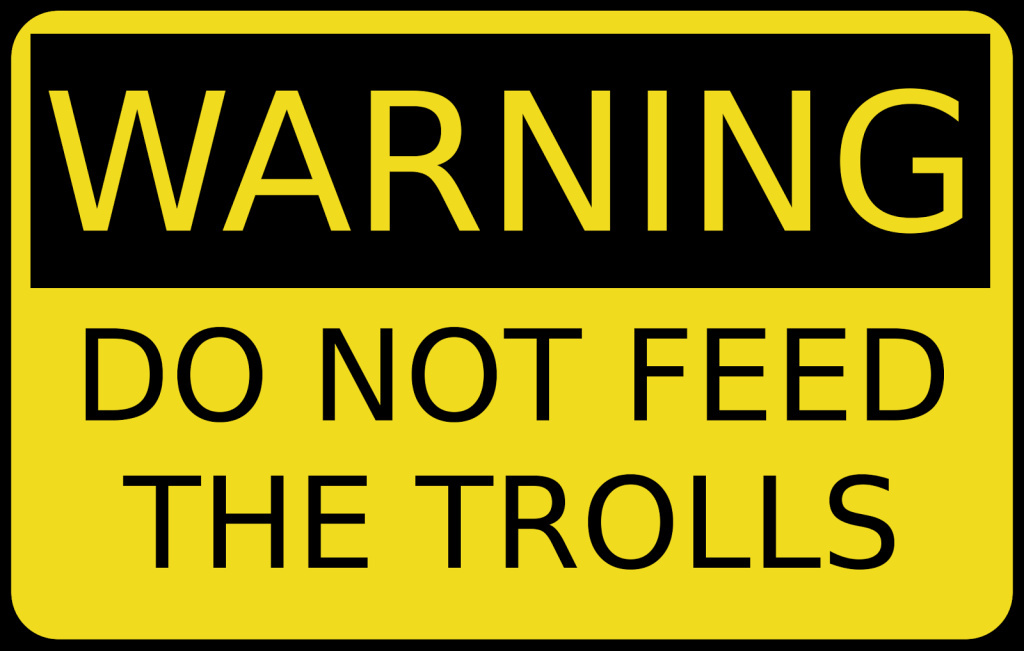A Practical Guide
To "troll" means to allure, to fish, to entice or to bait.
Internet trolls are people who fish for other people's confidence and, once found, exploit it.
Trolls are various in nature and the type of damage they do ranges greatly, such as:
- Cause irritation to others
- Disrupt an email list or online group
- Steal money
- Obtain credit card details
- Build false hopes
- Abuse children
There are some illustrations of these on our troll examples page.
What is a troll?
The term "troll" can mean a number of different things, but in essence, a troll is a person who aims to have 'pleasure' at your expense. There are five main types of trolls. The first four are people who pretend to be someone that they are not - they create personae that you think are real, but they know is fictitious.
Playtime Trolls: an individual plays a simple, short game. Such trolls are relatively easy to spot because their attack or provocation is fairly blatant, and the persona is fairly two-dimensional.
Tactical Trolls: This is where the troller takes the game more seriously, creates a credible persona to gain confidence of others, and provokes strife in a subtle and insidious way.
Strategic Trolls: A very serious form of game, involving the production of an overall strategy that can take months or years to develop. It can also involve a number of people acting together in order to invade a list.
Domination Trolls: This is where the trollers' strategy extends to the creation and running of apparently bona-fide mailing lists.
Psycho Trolls: These trolls have an unconscious psychological need to feel good by making others feel bad. Such people may use their real names on the internet, and they may not even realize that they are "trolling".
Dealing with Trolls
Here are some ideas to help avoid being deceived by trolls:
- Before you invest your trust in someone - either emotional or financial trust - you should verify their bona fide nature from multiple known, reliable and independent sources.
- ignore postings that you think are suspicious.
- beware of off-list emails that praise and flatter, or seem to evoke sympathy. If you feel yourself beginning to like someone, ask first: how much do I know about them from real life sources?
- if you do get involved with anyone via the internet, seek out verifiable data. Real people will provide information about themselves that is open-ended and leads to a myriad of sources which enable you to verify their genuine status.
- if you are concerned by email list/group postings, write to the listmaster about it.
- listmasters can also make their lists restricted, and conduct a security analysis of each list application before allowing them to subscribe. This is probably easier to do in areas that have professional associations or qualifications.
We have more detailed information on our page on troll tactics. This page provides more information to help you recognize the different types, and tactics you can use to avoid the problems they create.




 Reply With Quote
Reply With Quote


